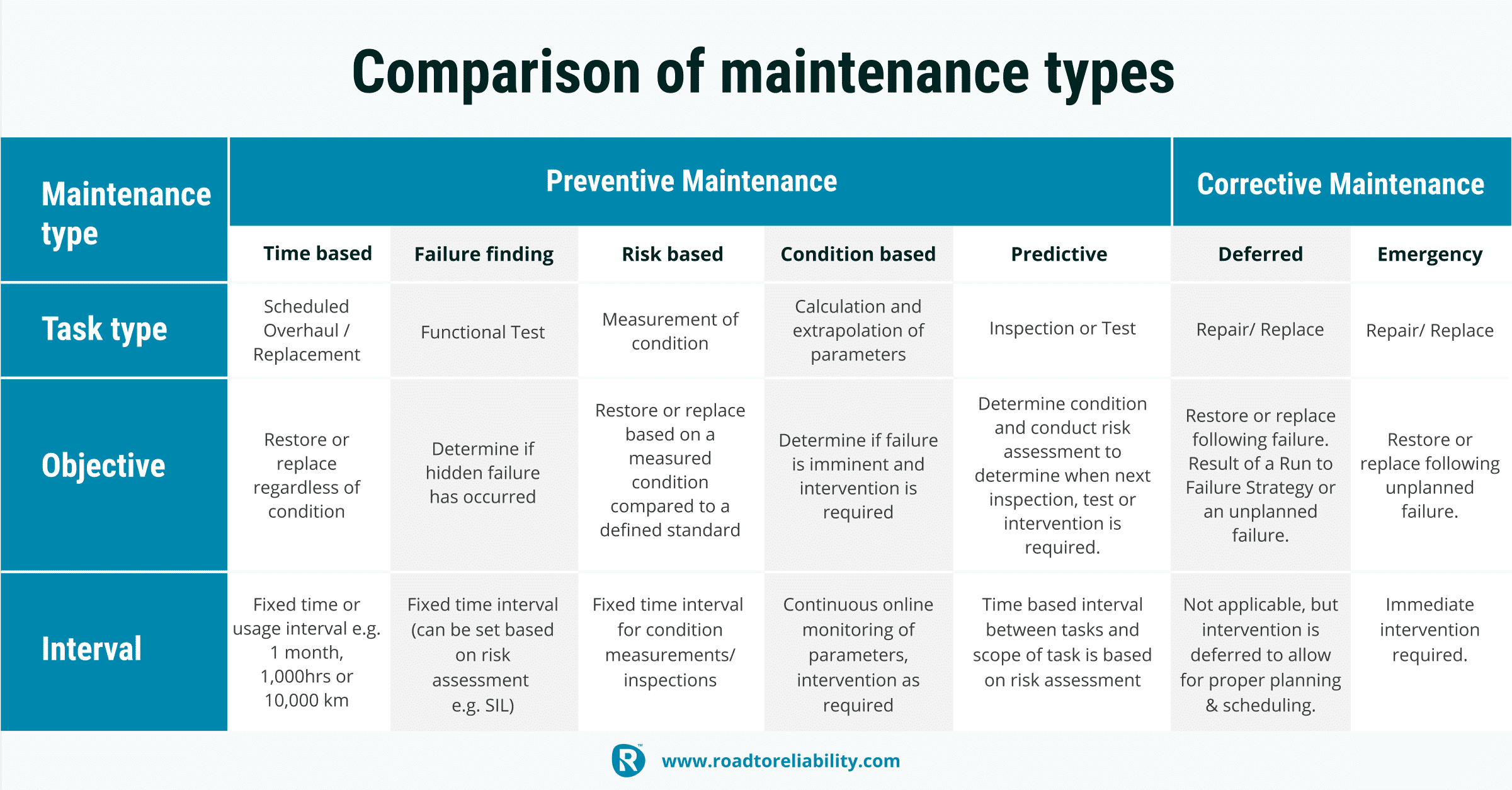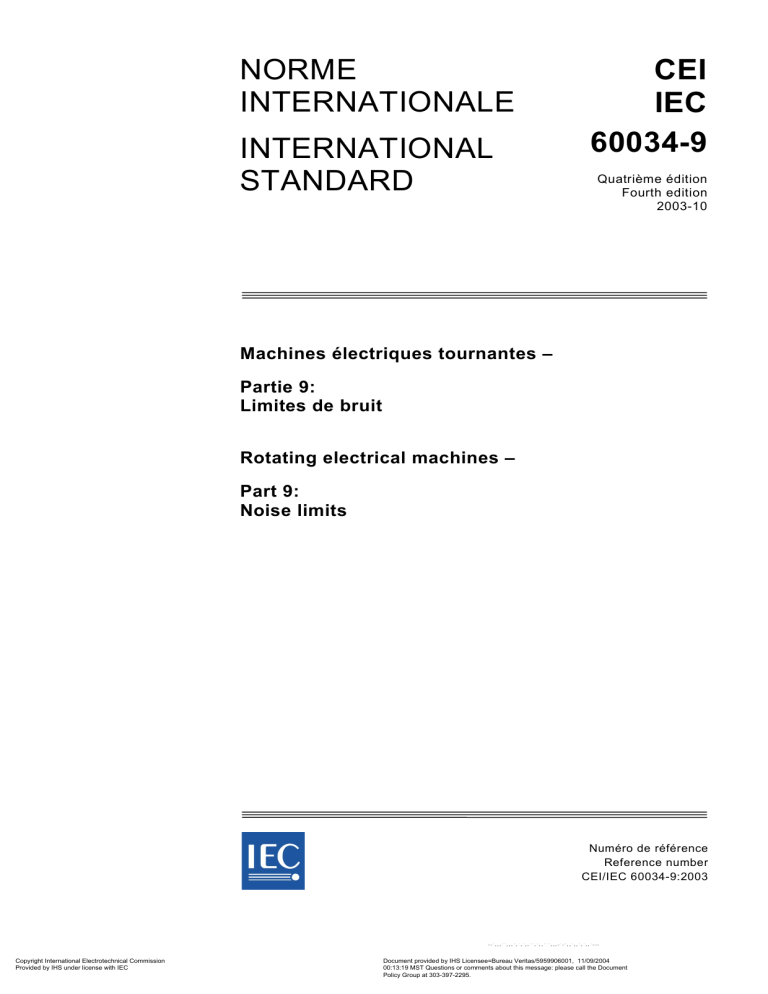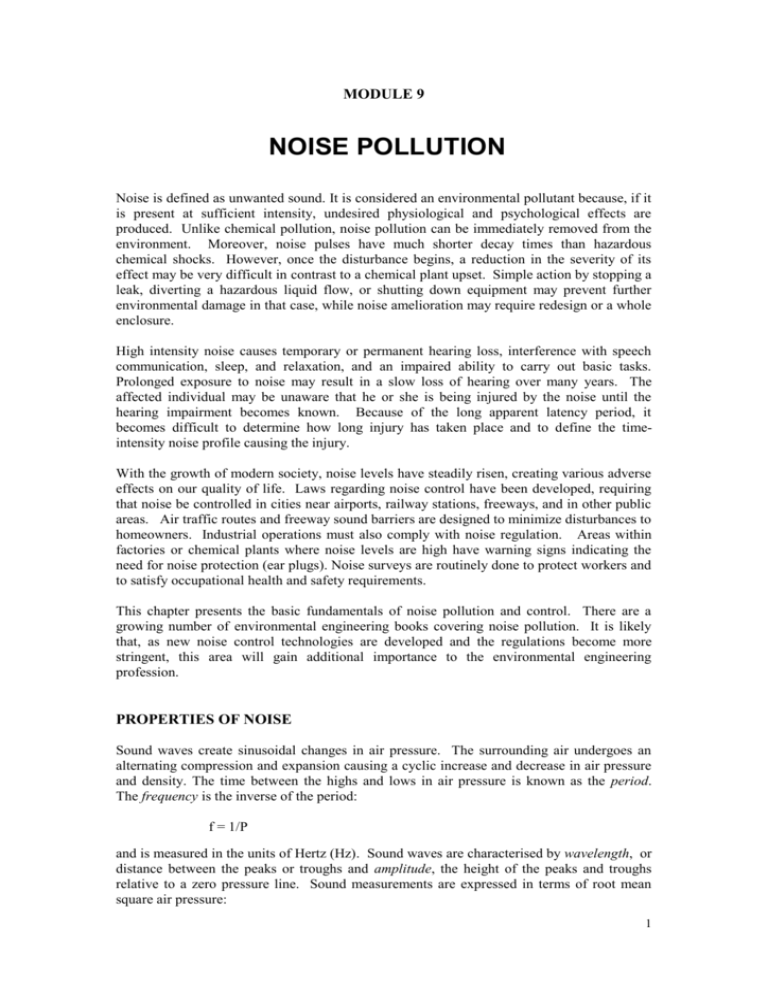Farmhouse kitchen sinks are known for their durability, making them a popular choice for many homeowners. Made from materials such as stainless steel, porcelain, or fireclay, these sinks are built to withstand the wear and tear of daily use. They are resistant to scratches, stains, and heat, making them a practical and long-lasting addition to any kitchen.1. Durability
One of the main draws of farmhouse kitchen sinks is their timeless and charming aesthetic. With their deep basin and exposed front apron, they add a touch of rustic elegance to any kitchen. They also come in a variety of colors and styles, from traditional white porcelain to more modern stainless steel, allowing for customization to fit any design preference.2. Aesthetic Appeal
Farmhouse kitchen sinks are versatile in both function and design. Their deep basin allows for easy cleaning of large pots and pans, and the exposed front apron can also serve as a drying rack for dishes. They can also be installed in a variety of ways, including undermount, flush mount, and top mount, making them suitable for any type of countertop.3. Versatility
Due to their large size and simple design, farmhouse kitchen sinks are relatively easy to clean. The absence of corners and crevices makes it easier to wipe down and maintain, reducing the risk of bacteria buildup. This makes them a popular choice for families and individuals who want a low-maintenance sink.4. Easy to Clean
One of the greatest advantages of farmhouse kitchen sinks is their large capacity. They offer plenty of space for washing and soaking dishes, allowing for more efficient and convenient meal prep and cleanup. This is especially beneficial for those who regularly entertain or have a busy household.5. Large Capacity
While farmhouse kitchen sinks are known for their durability and aesthetic appeal, they can also come with a hefty price tag. The materials used and the size of the sink can greatly impact the cost, making them a more expensive option compared to traditional undermount or top mount sinks. However, the investment may be worth it in the long run due to their durability and timeless design.6. Cost
The installation process for farmhouse kitchen sinks can be more complicated compared to other types of sinks. Depending on the style and material of the sink, professional installation may be required. Additionally, the size and weight of the sink may also require additional support and customization of the cabinetry and countertop, adding to the overall cost.7. Installation
While farmhouse kitchen sinks are relatively easy to clean, they do require regular maintenance to keep them looking their best. Depending on the material, they may be prone to water spots, scratches, and staining. It's important to follow proper cleaning and maintenance guidelines to keep the sink in top condition.8. Maintenance
One potential downside of farmhouse kitchen sinks is the noise factor. Unlike traditional sinks that are mounted under the countertop, farmhouse sinks are installed on top, which can cause more noise when water is running or dishes are being washed. This may be a concern for those with open-concept kitchens or for those who prefer a quieter kitchen space.9. Noise
One major consideration when choosing a farmhouse kitchen sink is the available space in your kitchen. These sinks are typically larger and deeper than traditional sinks, so they may not be suitable for smaller kitchens or those with limited countertop space. It's important to carefully measure and plan before deciding on a farmhouse sink to ensure it will fit and function properly in your kitchen.10. Limited Space
Pros and Cons of Farmhouse Kitchen Sink

Pros:
 -
Charming Aesthetic:
One of the main reasons why farmhouse kitchen sinks are so popular is their charming and rustic aesthetic. They add a touch of warmth and character to any kitchen, making it feel more inviting and cozy.
-
Large and Deep:
Farmhouse sinks are known for their large and deep basin, providing ample space for washing and soaking dishes, pots, and pans. This makes them a practical choice for large families or those who love to cook and entertain.
-
Versatile Design:
These sinks come in a variety of styles and materials, allowing them to fit seamlessly into any kitchen design. From traditional white porcelain to modern stainless steel, there is a farmhouse sink to suit every taste and preference.
-
Easier to Clean:
The absence of a countertop between the sink and the user makes cleaning easier. With no edges or corners to navigate, it's effortless to wipe down the sink and keep it looking clean and shiny.
-
Charming Aesthetic:
One of the main reasons why farmhouse kitchen sinks are so popular is their charming and rustic aesthetic. They add a touch of warmth and character to any kitchen, making it feel more inviting and cozy.
-
Large and Deep:
Farmhouse sinks are known for their large and deep basin, providing ample space for washing and soaking dishes, pots, and pans. This makes them a practical choice for large families or those who love to cook and entertain.
-
Versatile Design:
These sinks come in a variety of styles and materials, allowing them to fit seamlessly into any kitchen design. From traditional white porcelain to modern stainless steel, there is a farmhouse sink to suit every taste and preference.
-
Easier to Clean:
The absence of a countertop between the sink and the user makes cleaning easier. With no edges or corners to navigate, it's effortless to wipe down the sink and keep it looking clean and shiny.
Cons:
 -
Expensive:
Farmhouse kitchen sinks can be quite costly, especially those made from high-quality materials like fireclay or cast iron. They also require a professional installation, which adds to the overall cost.
-
Not Ideal for Small Kitchens:
Due to their large size, farmhouse sinks may not be suitable for smaller kitchens or those with limited counter space. They can take up a significant amount of room and may not leave much space for other appliances or storage.
-
May Require Additional Modifications:
Since farmhouse sinks sit on top of the counter, they may require additional modifications to the cabinetry underneath. This can be a time-consuming and expensive process, especially if the sink doesn't fit perfectly.
-
Can Be Prone to Scratches and Stains:
Depending on the material, farmhouse sinks can be prone to scratches and stains. Some may require regular maintenance and special cleaning products to keep them looking their best.
Overall, farmhouse kitchen sinks have both pros and cons that should be carefully considered before making a decision. It ultimately comes down to personal preference and the specific needs of the kitchen. However, with their charming aesthetic and practical design, it's no surprise that they remain a popular choice among homeowners.
-
Expensive:
Farmhouse kitchen sinks can be quite costly, especially those made from high-quality materials like fireclay or cast iron. They also require a professional installation, which adds to the overall cost.
-
Not Ideal for Small Kitchens:
Due to their large size, farmhouse sinks may not be suitable for smaller kitchens or those with limited counter space. They can take up a significant amount of room and may not leave much space for other appliances or storage.
-
May Require Additional Modifications:
Since farmhouse sinks sit on top of the counter, they may require additional modifications to the cabinetry underneath. This can be a time-consuming and expensive process, especially if the sink doesn't fit perfectly.
-
Can Be Prone to Scratches and Stains:
Depending on the material, farmhouse sinks can be prone to scratches and stains. Some may require regular maintenance and special cleaning products to keep them looking their best.
Overall, farmhouse kitchen sinks have both pros and cons that should be carefully considered before making a decision. It ultimately comes down to personal preference and the specific needs of the kitchen. However, with their charming aesthetic and practical design, it's no surprise that they remain a popular choice among homeowners.






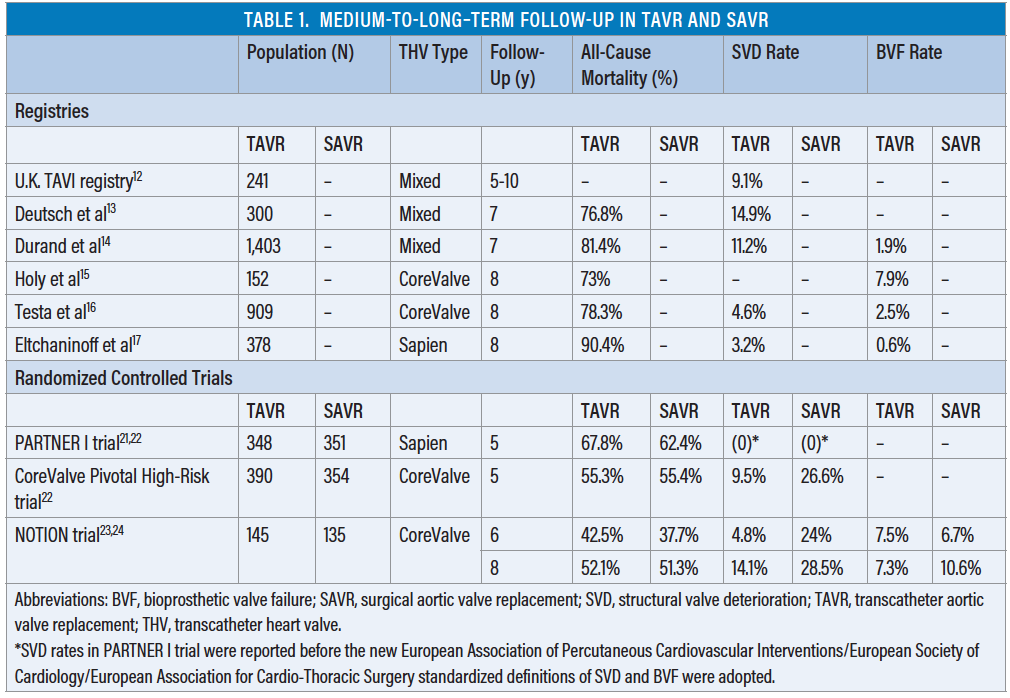















:format(jpeg):mode_rgb():quality(90)/discogs-images/R-898056-1296507967.jpeg.jpg)





























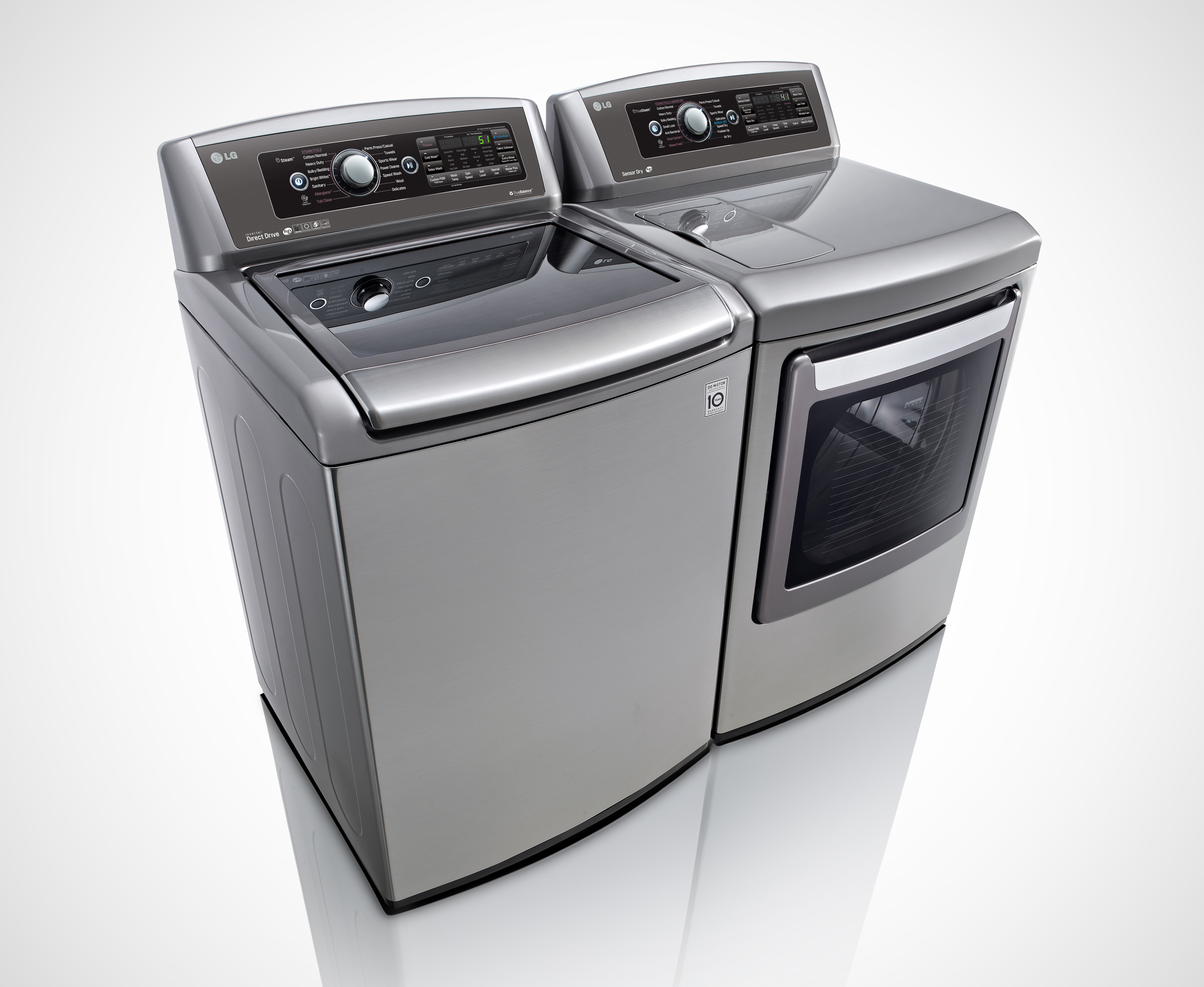








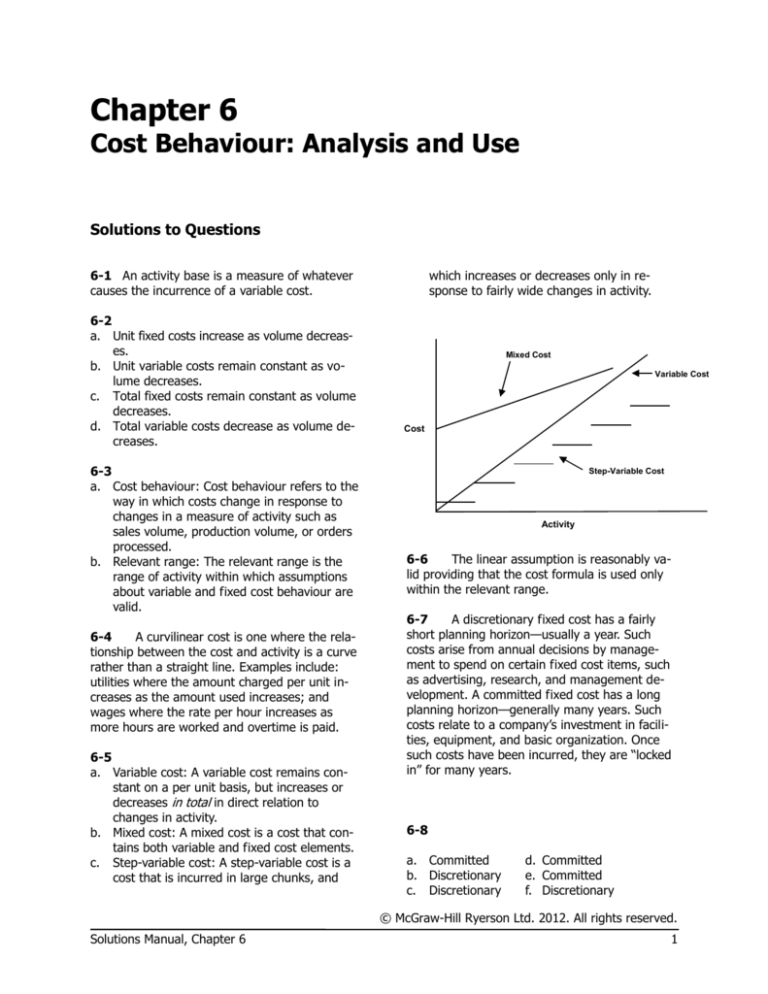



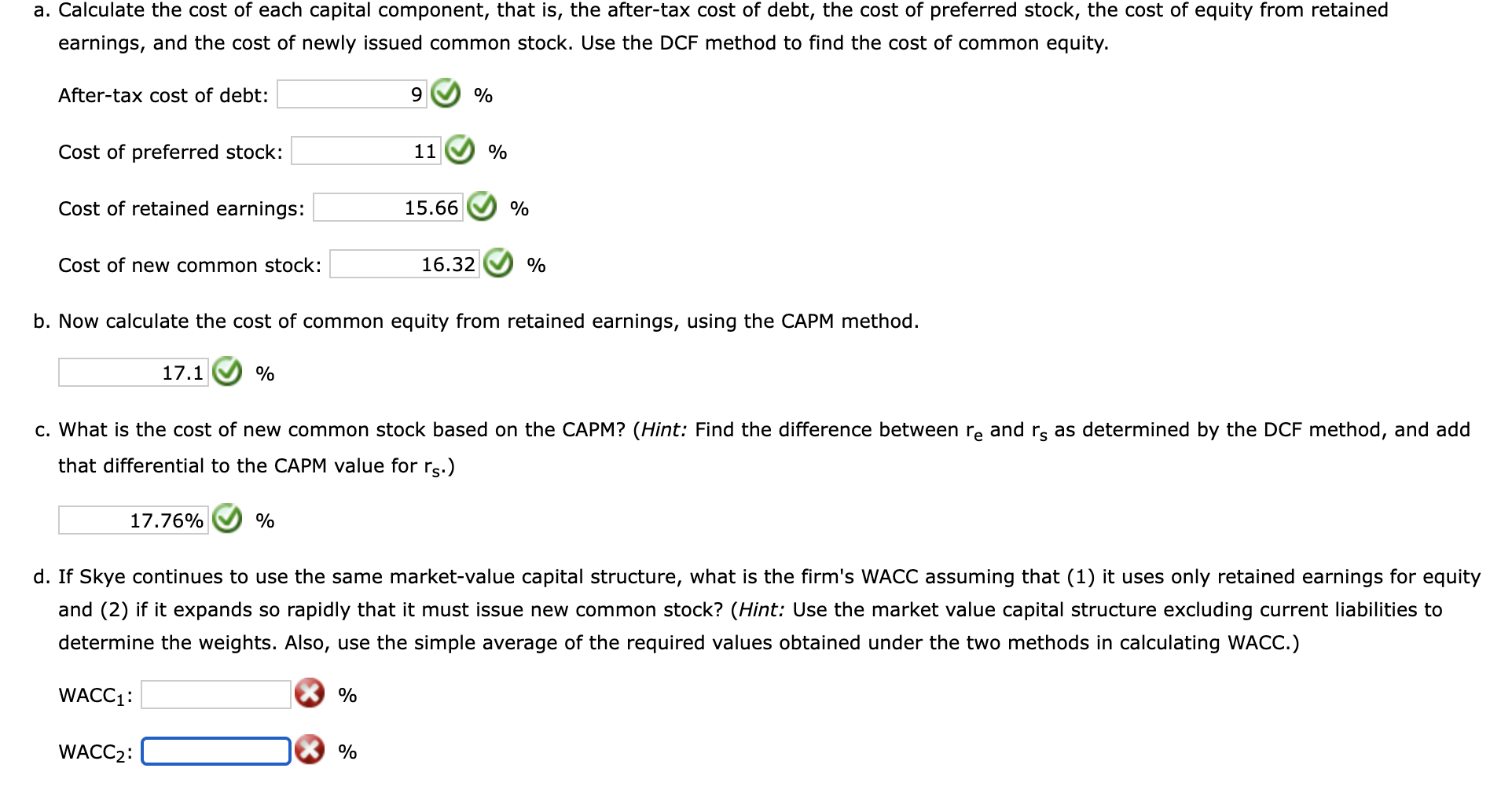


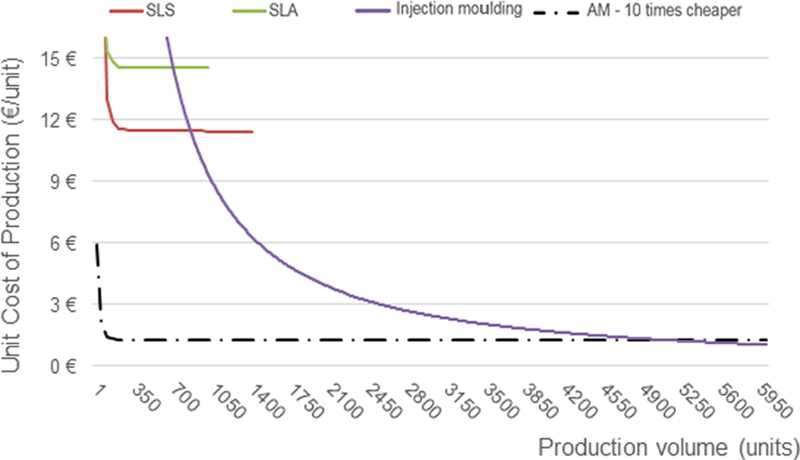





-Step-55-Version-2.jpg)

:max_bytes(150000):strip_icc()/windows-7-install-6-58070cce3df78cbc28becd5a.jpg)



-Step-56.jpg)











